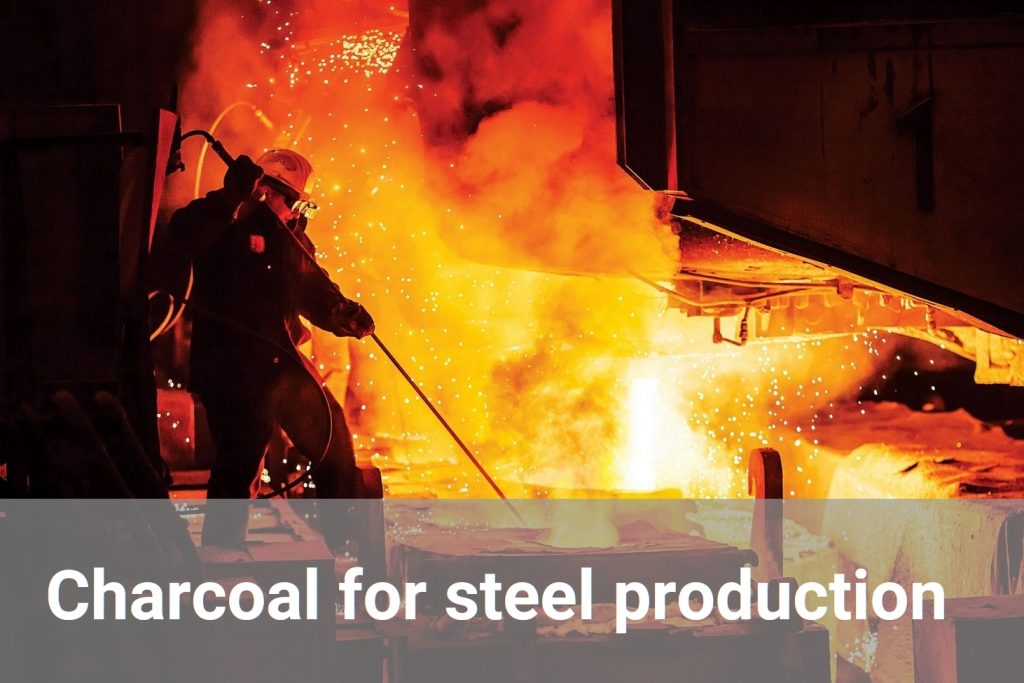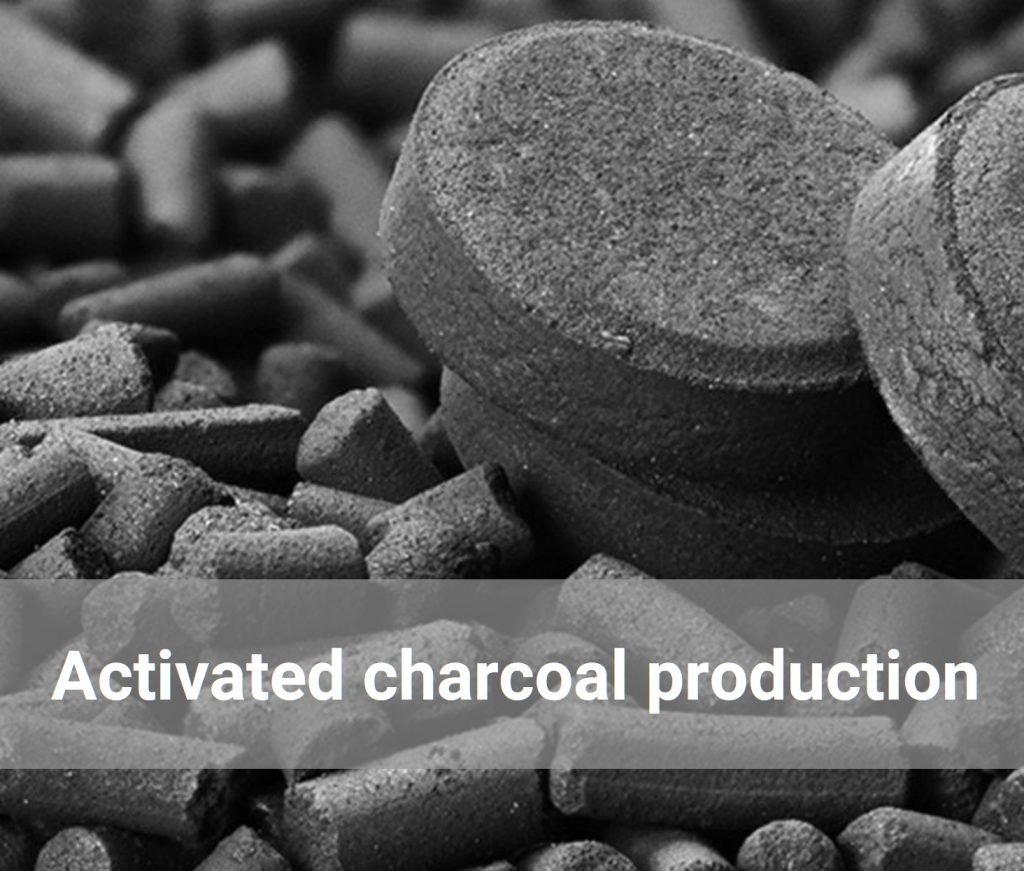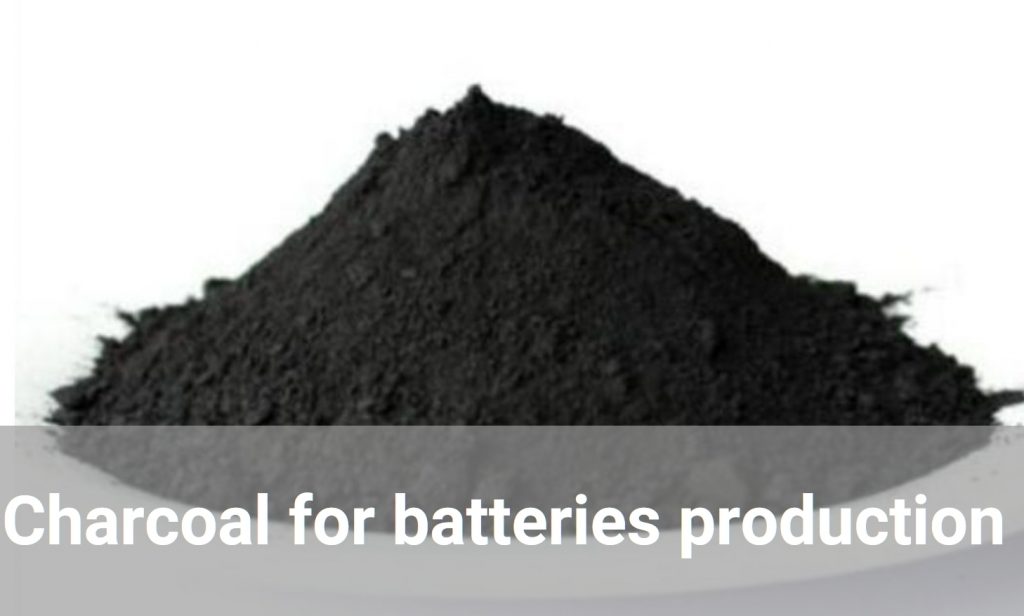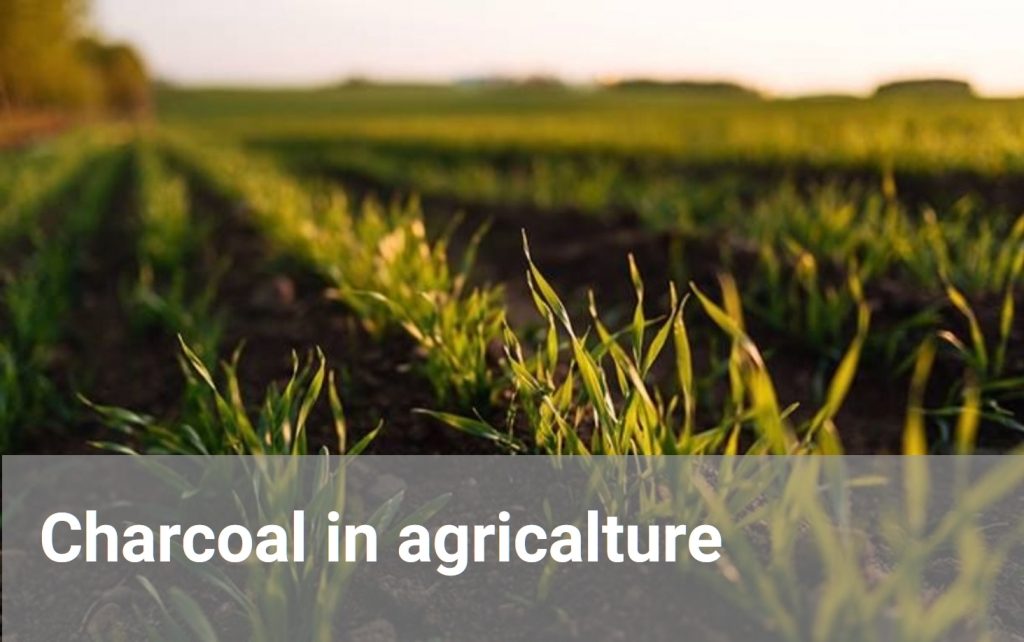Charcoal is a highly versatile material that has found its way into many aspects of the manufacturing industry. From steel production to water purification, charcoal has proven to be an essential component in a wide range of applications. Its unique properties, such as high surface area and high conductivity, have made it a valuable material in the manufacturing industry. This versatility and versatility make it an important component in many industries, and the manufacturing industry has embraced charcoal as a valuable resource in their processes. With its wide range of uses, it’s no wonder that the manufacturing industry has come to rely on charcoal as a key component in their production.
Charcoal is a versatile material that has a wide range of uses in the manufacturing industry. Some of the most common uses of charcoal include:

Charcoal for steel production
Steel production: Charcoal is used as a reducing agent in the production of iron and steel. This helps to remove impurities and improve the quality of the final product.
Charcoal has been a vital component in the steel production process for centuries. Its unique properties, such as high carbon content and high conductivity, make it an ideal reducing agent for producing high-quality iron and steel. In the steel production process, charcoal is used to remove impurities and improve the quality of the final product. The high carbon content of charcoal reacts with impurities in the iron ore, reducing them to a form that can be easily removed. This results in a purer and stronger final product. In addition to its use as a reducing agent, charcoal is also used as a fuel source to heat the furnaces used in steel production. With its essential role in producing high-quality steel, it’s no wonder that charcoal has been a valuable resource in the steel production industry for so many years. The use of charcoal in steel production continues to evolve with new technology and advancements, making it an increasingly important component in the industry.

Charcoal for filters production
Filters: Charcoal is often used in filters, both for air and water purification. Its porous structure and high surface area make it an effective adsorbent, meaning it can trap pollutants and impurities.
Charcoal has a long history of use in filtration, both for air and water purification. Its unique porous structure and high surface area make it an effective adsorbent, meaning it can trap pollutants and impurities. In air filters, charcoal is used to remove unpleasant odors, harmful chemicals, and particulate matter. Charcoal can also be used in water filters to remove impurities such as chlorine, pesticides, and heavy metals. Activated charcoal, made by heating charcoal in the presence of an oxidizing gas, has an even higher surface area and is even more effective at removing impurities. It is used in a wide range of applications, including medical treatments, water and air purification, and chemical production. The versatility of charcoal as a filtration material has made it a valuable resource in many industries and has earned it a reputation as a reliable and effective solution for removing impurities.

Activated charcoal production
Activated charcoal: Activated charcoal is made by heating charcoal in the presence of an oxidizing gas. This creates a material with a highly porous structure that has a much higher surface area than regular charcoal. Activated charcoal is used in a wide range of applications, including air and water purification, medical treatments, and chemical production.
Activated charcoal is a form of charcoal that has been treated with an oxidizing gas to increase its surface area and make it more porous. This process makes activated charcoal highly effective at adsorbing impurities, such as chemicals, toxins, and odors. Due to its ability to remove impurities, activated charcoal is used in a wide range of applications, including medical treatments, water and air purification, and chemical production. In medical applications, activated charcoal is used as an emergency treatment for certain types of poisonings and drug overdoses. It is also used as a filter in water filtration systems, as well as in air purifiers to remove harmful chemicals and unpleasant odors. Activated charcoal is also used in food and beverage production as a decolorizing agent and in cosmetics as a natural ingredient in skincare products. With its versatility and effectiveness, activated charcoal has earned a reputation as a reliable and valuable solution for removing impurities in various industries.

Charcoal for batteries production
Batteries: Charcoal is used as a component in some types of rechargeable batteries, such as lithium-ion batteries. Its high conductivity and ability to store energy make it a useful material in these applications.
Charcoal has been used as a component in battery production for many years, due to its unique properties such as high conductivity and high surface area. In battery production, charcoal is typically used as a carbon additive to improve the performance and longevity of the battery. The high surface area of charcoal allows for more efficient charging and discharging of the battery, increasing its overall performance. In addition, the high conductivity of charcoal helps to improve the conductivity of the battery, reducing resistance and improving the overall efficiency of the battery. The use of charcoal in battery production has been shown to improve the performance and stability of batteries, making them more reliable and long-lasting. With its unique properties and ability to improve battery performance, charcoal has become an essential component in the production of various types of batteries, including lithium-ion batteries and lead-acid batteries. As the demand for energy storage solutions continues to grow, the use of charcoal in battery production is likely to become even more widespread in the years to come.

Charcoal in agriculture
Agricultural uses: Charcoal is used in agriculture as a soil amendment. Its ability to improve soil fertility and structure has made it a popular choice for farmers around the world.
Charcoal has a long history of use in agriculture, dating back to ancient civilizations where it was used as a soil amendment. In modern agriculture, charcoal is still used for a variety of purposes, including soil improvement, pest control, and water filtration. The high porous structure of charcoal allows it to retain moisture and nutrients in the soil, improving soil health and fertility. Charcoal can also be used as a natural pesticide, as it releases carbon dioxide when it decomposes, which can help to keep pests at bay. In addition, charcoal is often used in water filtration systems to remove impurities, improving the quality of water used for irrigation and livestock. The use of charcoal in agriculture has numerous benefits, including improved soil health, reduced pest pressure, and improved water quality. As the demand for sustainable and environmentally friendly agricultural practices continues to grow, the use of charcoal in agriculture is likely to become increasingly widespread. With its versatility and numerous benefits, charcoal has earned a reputation as a valuable resource in the agricultural industry.
Where can I find charcoal suppliers?
Charcoal suppliers can be found in various places such as industrial supply stores, online marketplaces, and business-to-business (B2B) directories. You can search for local suppliers through online directories such as Ukrainian Biofuel Portal, or check industrial supply stores. You can also visit trade shows and events related to the charcoal industry to meet and connect with potential suppliers. Additionally, reaching out to manufacturers of charcoal-based products, such as barbecues or water filtration systems, can also be a good way to find reliable suppliers. It is important to thoroughly research and compare different charcoal suppliers https://pellets-wood.com/sell-b361_0.html to ensure you are getting high-quality charcoal at a fair price.
In conclusion, charcoal has proven to be an essential component in the manufacturing industry, with a wide range of uses that span from steel production to water purification. Its unique properties, such as high surface area and high conductivity, have made it a valuable material in the industry, and its versatility has made it a key component in many processes. The manufacturing industry has embraced charcoal as a valuable resource, utilizing it in a variety of applications to improve the performance and efficiency of their products. Whether it is used as a carbon additive in batteries, a soil amendment in agriculture, or a filter in water filtration systems, charcoal has proven to be a reliable and valuable resource in the manufacturing industry. With its numerous benefits and versatility, it is likely that the use of charcoal in the manufacturing industry will continue to grow in the years to come.